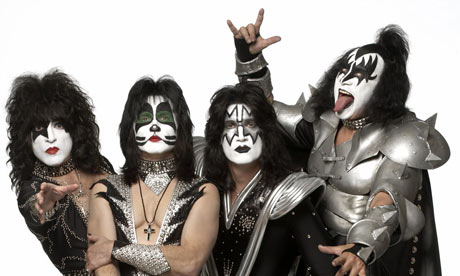 Joseph Ratzinger:
Joseph Ratzinger: [Liturgy and Church Music, 1985]We can recall the Dionysiac type of religion and its music, which Plato discussed on the basis of his religious and philosophical views. In many forms of religion, music is associated with frenzy and ecstasy. The free expansion of human existence, toward which man’s own hunger for the Infinite is directed, is supposed to be achieved through sacred delirium induced by frenzied instrumental rhythms. Such music lowers the barriers of individuality and personality, and in it man liberates himself from the burden of consciousness. Music becomes ecstasy, liberation from the ego, amalgamation with the universe. Today we experience the secularized variation of this type in rock and pop music, whose festivals are an anti-cult with the same tendency: desire for destruction, repealing the limitations of the everyday, and the illusion of salvation in liberation from the ego, in the wild ecstasy of a tumultuous crowd... It is the complete antithesis of Christian faith in the Redemption.Accordingly, it is only logical that in this area diabolical cults and demonic musics are on the increase today, and their dangerous power of deliberately destroying personality is not yet taken seriously enough. The dispute between Dionysiac and Apolline music which Plato tried to arbitrate is not our concern, since Apollo is not Christ. But the question which Plato posed concerns us in a most significant way. In a way which we could not imagine thirty years ago, music has become the decisive vehicle of a counter-religion and thus calls for a parting of the ways. Since rock music seeks release through liberation from the personality and its responsibility, it can be on the one hand precisely classified among the anarchic ideas of freedom which today predominate more openly in the West than in the East. But that is precisely why rock music is so completely antithetical to the Christian concept of redemption and freedom, indeed its exact opposite.
h/t to Daniel Mitsui
No comments:
Post a Comment